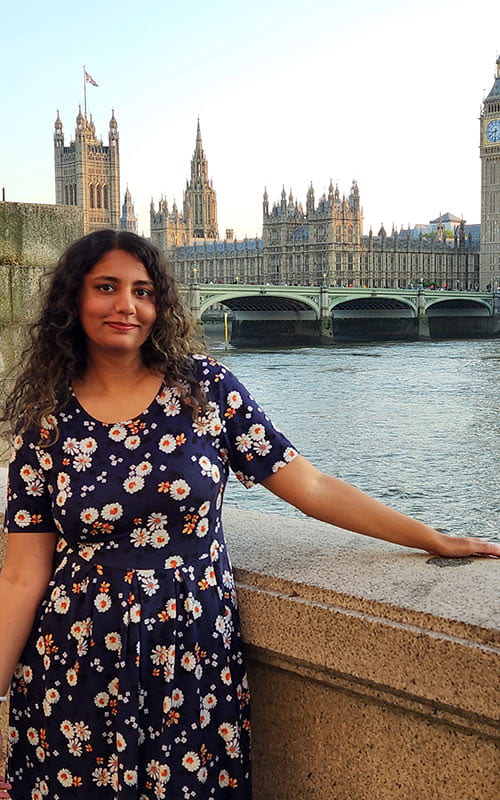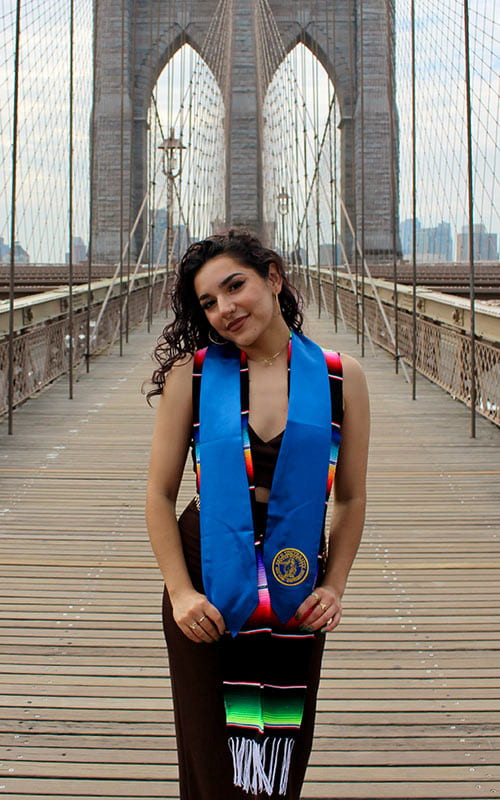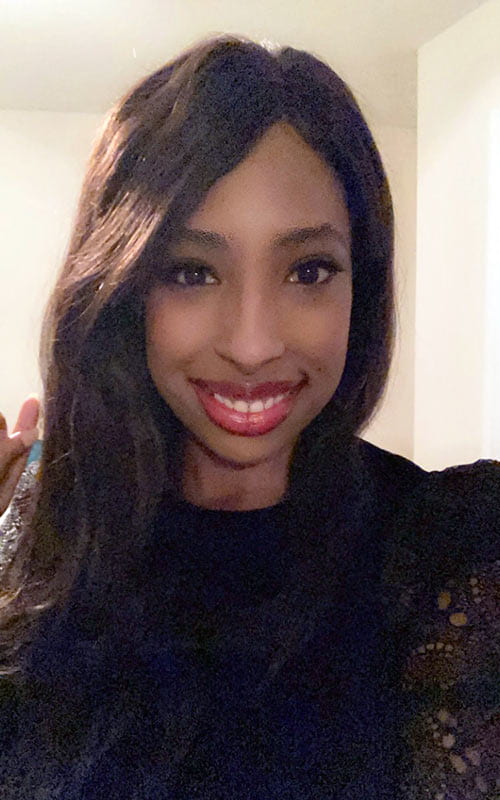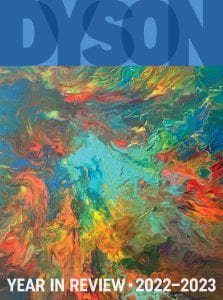Embracing Progress in Publishing
What makes a book worth publishing? Whose stories are being told? Over the past several years, diversity in the publishing industry has become a national conversation, and Dyson College of Arts and Sciences alumni working in the publishing industry are invested in moving the field forward.
We asked four alumni to share their thoughts on the movement and how they view their own role in it.

Sabeen Aziz ’16, English
Senior Editorial Assistant, Wiley
“I think it’s great that we are having this much-needed conversation around diversity in the publishing world. Despite some changes that have taken place over the years, if you look at the current data, there is still a long way to go. Having diverse workers, as well as diverse authors, in the publishing industry is vital for ensuring that different perspectives are told and that we can meet the needs of an audience that is often underrepresented. For my own part, I try to help those looking to break into publishing by sharing my own journey as a woman of color navigating this world. And at my work, we are very particular about finding diverse reviewers and making sure a book has diverse contributors.”
Sabeen Aziz ’16, English
Senior Editorial Assistant, Wiley
“I think it’s great that we are having this much-needed conversation around diversity in the publishing world. Despite some changes that have taken place over the years, if you look at the current data, there is still a long way to go. Having diverse workers, as well as diverse authors, in the publishing industry is vital for ensuring that different perspectives are told and that we can meet the needs of an audience that is often underrepresented. For my own part, I try to help those looking to break into publishing by sharing my own journey as a woman of color navigating this world. And at my work, we are very particular about finding diverse reviewers and making sure a book has diverse contributors.”


Alma Gomez Martinez ’22, ’23, BA English/MS Publishing
Editorial Assistant, Simon & Schuster Books for Young Readers
“What has really drawn me to the publishing industry, and to editorial work specifically, is the opportunity to play a large role in bringing more diversity to it. That’s what excites me most about this industry: the new direction it’s going in and all the opportunities to make sure young readers see themselves in what they’re reading. While working on my undergraduate degree at Pace, I double minored in Critical Race and Ethnicity Studies and Women’s and Gender Studies. So I’m a person who strongly believes in the importance of representation and social justice. I like to think that as I’m working toward being an editor, I’ll eventually play a significant role in steering my little corner of publishing in a diverse direction.”

Photo by Connor Morgan ’22
Mae Martinez ’20, ’21, BA English/MS Publishing
Editorial Assistant, Ballantine Bantam Dell at Penguin Random House
“I think it’s important to acknowledge that this conversation has been around for a while and largely championed by BIPOC authors, publishing professionals, and of course, readers. My job largely impacts what content is published out in the world, so I think all editors have a personal responsibility here. Creating space and advocating for underrepresented authors was a huge reason why I decided to work in this field—there’s still work to be done, and it’s immensely important. My editorial practices are built with an intersectional foundation, meaning that inclusivity, mindfulness, and intention are always at the forefront. If anyone is interested in getting involved, a good starting point is to read widely from authors who have experiences that are not your own.”
Mae Martinez ’20, ’21, BA English/MS Publishing
Editorial Assistant, Ballantine Bantam Dell at Penguin Random House
“I think it’s important to acknowledge that this conversation has been around for a while and largely championed by BIPOC authors, publishing professionals, and of course, readers. My job largely impacts what content is published out in the world, so I think all editors have a personal responsibility here. Creating space and advocating for underrepresented authors was a huge reason why I decided to work in this field—there’s still work to be done, and it’s immensely important. My editorial practices are built with an intersectional foundation, meaning that inclusivity, mindfulness, and intention are always at the forefront. If anyone is interested in getting involved, a good starting point is to read widely from authors who have experiences that are not your own.”

Photo by Connor Morgan ’22

Asanté Simons ’17, English
Editor, Harper Collins
“I think diversifying publishing is important purely for the sake of getting different kinds of books out in the world. If it’s the same group of college-educated, primarily white American, heterosexual, cisgendered people choosing what books ‘deserve’ publication, ‘deserve’ the limelight, clearly the bookstores and libraries would be uninviting—and frankly boring—places to be. Someone’s background as a minority—whether it be racially, culturally, sexually, or whatever else—can be a key factor in being able to spot a great story that they know will appeal to a certain amount of people, a certain group of people who have yet to truly see their experiences fully fleshed out. And the ‘representation matters’ line isn’t exactly my cup of tea for various reasons, but it does still have importance in moving the needle. As a Black editor who grew up as a military brat, I try to push different voices, characters, and stories to the forefront, to avoid the very homogeneous—and boring—bookshelves.”

